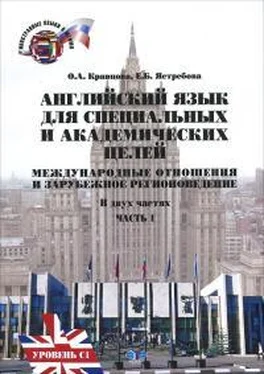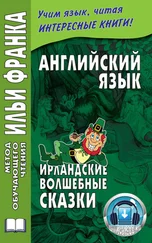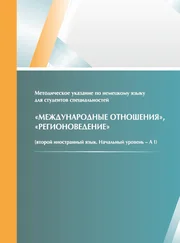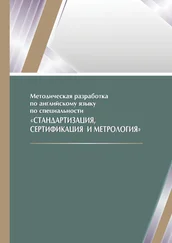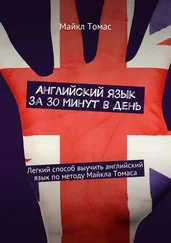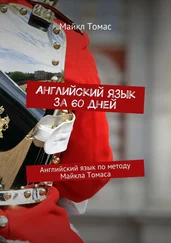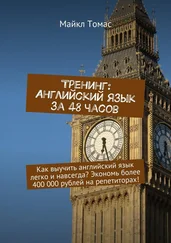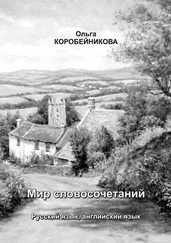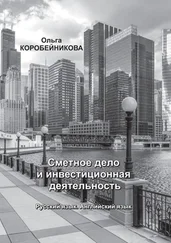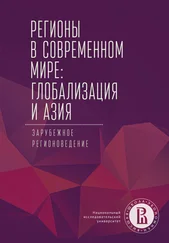Unit I. UK: from Empire to Democracy
Unit I. UK: from Empire to Democracy
came in the midst of war, and promised a reward for the sacrifices undertaken by everyone. Highly popular with the public, the report formed the basis for the post-war reforms known as the Welfare State, which include the expansion of National Insurance and the creation of the National Health Service.
2. Electronic Data Systems ran the Inland Revenue's tax and National Insurance system from 1994 to 2004. In 2003, the launch of a new tax credit system led to over-payments of £2 billion to over two million people. EDS later paid £71.25 million in compensation for the disaster.
COMPREHENSION ASSIGNMENTS
A. In pairs, discuss how you understand the phrases/clauses below. If still in doubt, discuss the phrases as a class.
1. ... the United States with its pioneering democratic constitution ...
2. The Westminster Model has very much going for it.
3. ... to be in command of a modicum of physical and human capital to be able to live as the master of his or her life .
4. With the NHS the government cut through the rot .
5. . the jury is still out on this .
6. . with the help of carefully engineered means-tested benefits.
7. . this strategy . is never target efficient .
8. . its potential is not realised in delivery.
9. . there appears to be little or no demand or appetite in the population for this crucial building block in the democratic architecture to be restored.
10. The narcotic of free money has numbed political sensitivities.
B. Answer the questions on the text.
1. What is a solid democracy according to the article?
2. What makes Britain's democracy deficient?
3. What spheres of British life does the author look at to substantiate his position?
4. How does the population of Great Britain react to the democratic deficit?
5. What political reforms are called for, in the author's opinion?
Speak Up
DISCUSSION QUESTIONS
1. What, in your view, are the criteria of the effectiveness of democracy?
2. Do you share the author's opinion that the British democracy is deficient?
3. How feasible do you think the suggested reforms are?
FOLLOW-UP
Make a three-minute statement
a) to compare one of the solid democracies mentioned in the text with the British democracy. Focus on the healthcare system, education, and welfare system OR
b) to comment on the other aspects of Britain's democracy.

Use texts from the Reader or readings that you find yourself.
Compile a list of Topical Vocabulary necessary to speak on the issue (to be shared in class).
Ex. 1. a) find words in the text to match the definitions below, reproduce the context they are used in;
b) give the words they are formed from or their derivatives;
c) suggest their Russian equivalents;
d) use the words in sentences of your own.
1. of only average quality; not very good
2. a belief in human equality especially with respect to social, political, and economic affairs
3. to have a specified place within a grading system
4. to implant (an idea or feeling) so that it becomes ingrained within a particular context
5. to transfer or delegate (power) to a lower level, especially from central government to local or regional administration
6. minor and not important; not central
7. to express (an idea or feeling) fluently and coherently
8. clearly visible; attracting notice or attention
9. firm determination to do something
10. an emotion involving pleasure, excitement and sometimes anxiety in considering some expected or longed-for good event
11. the state of having a great deal of money; wealth
12. tending to remind one of something; suggesting something by resemblance
13. a feeling of disappointment about someone or something you previously respected or admired; disillusionment
14. evoking interest, attention, or admiration in a powerfully irresistible way; not able to be refuted; not able to be resisted
15. fill; pervade; instill (a quality) in someone or something
Ex. 2. Continue the strings of collocations, translate them. Make up a sentence with one collocation from each list.
1. solid, __________ , __________ , ___________ democracy
2. marginal: differences, __________ ,__________ , ___________
3. conspicuous: _________ , __________ , _________ , __________
4. to mobilize, ________ , __________ , __________ , _________ one's resolve
5. affluent: society, __________ , __________ , __________ , __________
6. compelling: reasons, __________ , __________ , __________ , __________
Ex. 3. Fill in the gaps with the words from Ex. 1 and Ex. 2.
1. In “Beyond Good and Evil”, Nietzsche __________ his disdain for conventional morality where
he described Christian standards as a “slave morality”.
Unit I. UK: from Empire to Democracy
Unit I. UK: from Empire to Democracy
2. __________ is the position that equality is central to justice. It is a prominent trend in social
and political philosophy.
3. To make a _________ argument requires tact, knowledge and the ability to see both sides of
the debate.
4. We have a duty to ________ voters with confidence that their votes will be counted, that their
voices will be heard.
5. He increased their courage and strength in every hardship, lightened their burdens and strengthened their _________.
6. For inward investment flows, Britain ________ third behind the US and Germany.
7. Many anthropologists agree that fundamentally the economy is _________ in culture and
does not exist as an independent sphere of activity.
8. The Scotland Act 1998 __________________ the power to the Scottish Parliament to make
primary legislation on all matters not reserved to the UK Parliament, as long as these comply with EU requirements and European human rights law.
9. Unlike the Battle of Midway, which historians regard as a pivotal moment in World War II, historians regard the Battle of Debrecen as of _________ importance.
10. A __________ politician is economical with the truth, a great politician is praised for telling
the truth.
11. Company executives achieved __________ success at high-speed team building events.
12. Cultures can achieve __________ either by wanting little and producing little or wanting
much and producing much.
13. At least compared to Western Europe, Minsk was still __________ of Old Russia.
14. Failure to ratify the Treaty signalled the European electorate's __________ with the EU and
the process of enlargement.
READING 2
PRE-READING QUESTIONS
1. In what European countries are there regions striving for independence? What makes them do it?
2. What, in your opinion, determined the outcome of the Scottish independence referendum?
Look through the text to find out what the reasons behind the Scotts' decision to stay within the UK might have been.
DON'T LEAVE US THIS WAY
Why we hope the people of Scotland will vote to stay in the union
Jul 12th 2014 | the Economist http://www.economist.com/news/leaders/21606832-why-we-hope-people-scotland-will-vote-stay-union-dont-leave-us-way
Читать дальше
